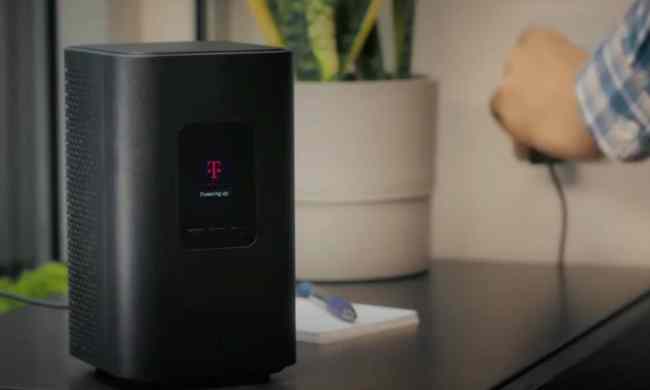Apple just announced that it was acquiring Intel’s 5G modem business for $1 billion, with the implication being that the company is working on developing its own wireless modems for the iPhone. A new report, however, suggests that Apple’s timeline for a self-built iPhone modem may be shorter than expected — the company reportedly wants a working modem by 2021.
The report, which comes from Reuters, cites a source familiar with the matter, and contradicts previously reported rumors of a 2022 or 2025 release date.
It’s also entirely possible that Apple could have multiple targets in mind for the launch of its own modem. The transition to its own 5G modems will most likely happen in phases. The company is likely to start with lower-end and older iPhone models, eventually moving on to new releases of flagship iPhone models. Not only that, but Apple has a six-year contract with Qualcomm — so it doesn’t necessarily need to rush the development of its own modems. Apple likely wants to ensure that any modem that it releases is compatible with all of the networks that are available where the company sells its products. The company may well want independence, but it probably wants to make sure that it does things right even more so.
Of course, Apple is likely to include modems in other of its own products too. For example, some iPad models have cellular connectivity, as do some Apple Watch models. Not only that, but Apple is almost certainly working on future products that haven’t been announced yet and could have cellular connectivity of their own.
Intel previously had its own goal of developing a 5G modem by 2020 — so it’s entirely possible that combined with some of Apple’s resources, the ex-Intel team could meet the target of 2021.
According to the report, Apple already has a supplier for its 5G modems too. The company has reportedly partnered with Taiwan’s Global Unichip, which is a design house associated with TSMC, to design the modem.
We’ll have to wait and see just how long it takes Apple to develop its own modems, but it certainly could be sooner rather than later.



